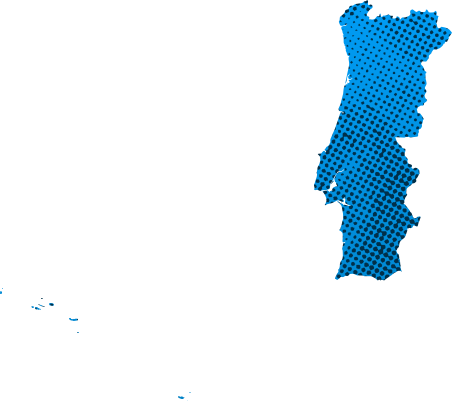
Volunteer statistics (ILO)*
Source: ILOSTATS. The data is collected by ILO from national statistical offices. As national statistics on volunteer work are produced using a variety of approaches and tools, direct and cross-country comparisons are not recommended. For more information, visit https://ilostat.ilo.org/topics/volunteer-work/
Total volunteering by gender
Direct volunteering by gender
Organization-based volunteering by gender
Measurement work
Data source
- 2007
- 2008
- 2009
- 2010
- 2011
-
2012
- Labour Force Survey
- 2013
- 2014
-
2015
- Social Survey
- 2016
- 2017
-
2018
- Labour Force Survey
- 2019
- 2020
- 2021
- 2022
- 2023
- 2024
- 2025
- 2026
Laws, Policies, Schemes on Volunteering
Does the country have a piece of legislation on volunteering?
Does the country have a national policy, scheme, plan or strategy specific to volunteering?
No data
Does the country have a sectoral and cross-sectoral policy, scheme, plan or strategy that mentions volunteering?
NoVNR Reporting
National report on the implementation of the 2030 Agenda for Sustainable Development PORTUGAL
View sourceReporting positive contribution of volunteering to the SDGs
Paragraph 1, page 55
The citizenship and participation of young people is a central aspect of public policies that boost demand, in qualitative and quantitative terms, i.e. increasing participation, but also reducing inequality in access to rights for full social inclusion: the programmes and projects involving leisure activities for young people, youth volunteering, knowledge and experience of democratic institutions, in addition to the focus on young people, generally allow access to youth who usually do not have the same economic and social opportunities, such as Youth Parliament, the Euroschool, the Programme for Occupation of Free Time, Holiday on the Move, the Programme Without Borders, the Agora Nós (Us Now, youth volunteering), or the International Work Camps.
No mention2023 Voluntary National Review Portugal
View sourceReporting positive contribution of volunteering to the SDGs
Paragraph 1, page 19
The National Strategy for Environmental Education 2017-2020 incorporates various measures aimed at enhancing cooperation between the government sectors of Education and Environment. It includes initiatives such as the certification of participation in environmental volunteering activities and the implementation of awareness-raising and information campaigns to promote public participation. These measures are designed to strengthen the connection between education and environmental issues, ensuring that individuals are informed and engaged in environmental conservation and sustainability efforts.
Paragraph 2, page 136
The compliance with SDG 2 is also to be highlighted, reaching 12th position worldwide. The drivers of that result were the campaigns to combat food waste, the existence of the social menu (at affordable prices) in the canteens, the creation of research projects related to sustainable fishing or the initiative of volunteering to deliver meals to students in isolation due to disease were some of the actions that boosted the score in this indicator. In terms of SDG 16, the 36th position in 2022 is due to the financial support of the institution to the Academic Association of Coimbra, the existence of policies for the promotion of academic freedom, the existence of a plan for the prevention of management risks and corruption, active collaboration with local and national government bodies and the promotion of training course for magistrates from Portuguese-speaking countries. It should also be noted that this commitment to sustainability is mirrored in the Strategic Plan 2019-2023, an important tool that guides the University’s action in the achievement of its Vision and accompanying the incorporation of the SDGs in the institution.
Paragraph 3, page 139
JUNIOR ACHIEVEMENT PORTUGAL (JAP) has directly contributed to SDG 4 by focusing on the development of competences related to innovation and entrepreneurship among young people. As part of the Junior Achievement Worldwide network, which has a history of over 100 years and was nominated for the Nobel Peace Prize in consecutive years, JAP has been active in Portugal since 2005. Its impact has reached over 430,000 students, with the valuable participation of 24,300 volunteers from mainland Portugal and the islands. The implementation of JAP's programs follows a corporate volunteering scheme, where employees from various companies visit classrooms and engage in activities aligned with the specific objectives and dynamics designed for each session. This approach ensures the effective delivery of the programs and maximizes their impact on the development of young individuals in Portugal.
Paragraph 1, page 19
The National Strategy for Environmental Education 2017-2020 incorporates various measures aimed at enhancing cooperation between the government sectors of Education and Environment. It includes initiatives such as the certification of participation in environmental volunteering activities and the implementation of awareness-raising and information campaigns to promote public participation.
